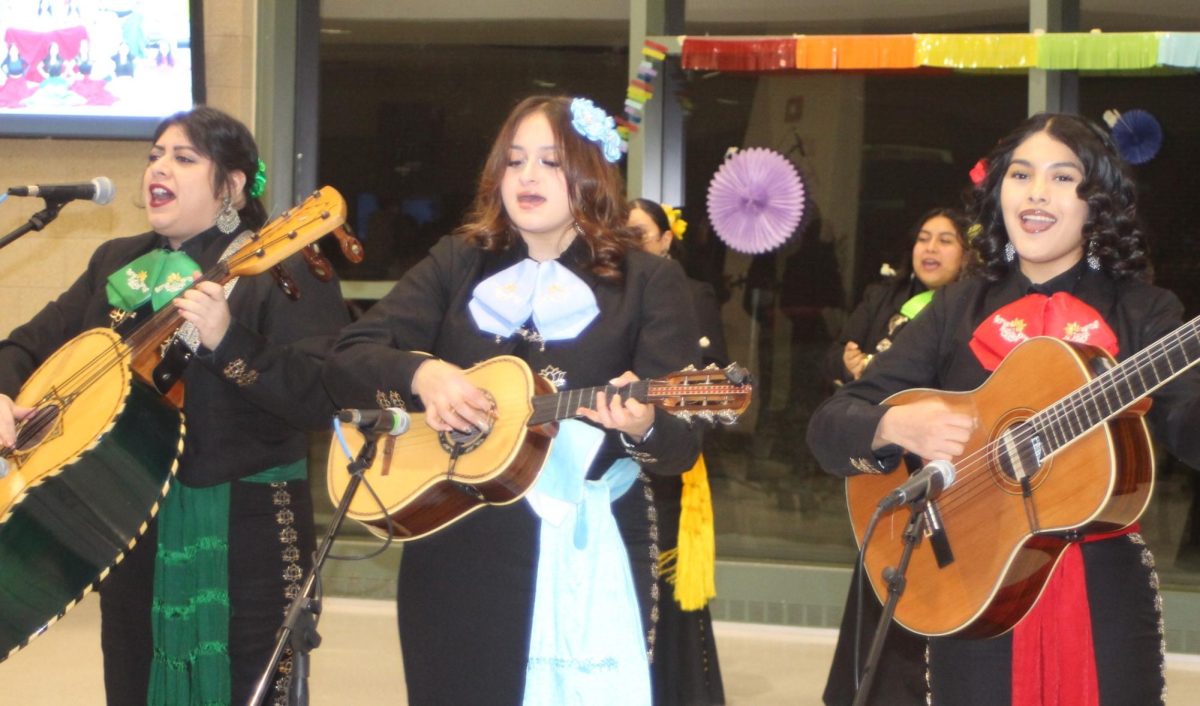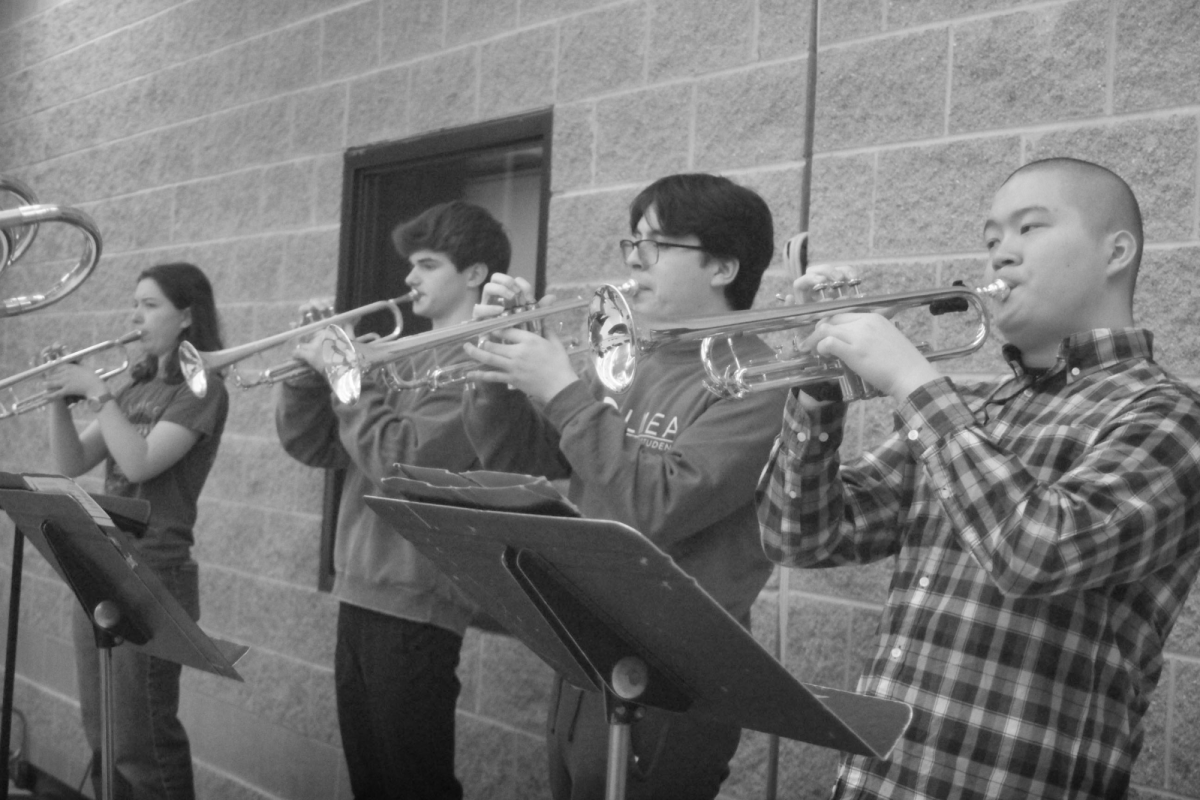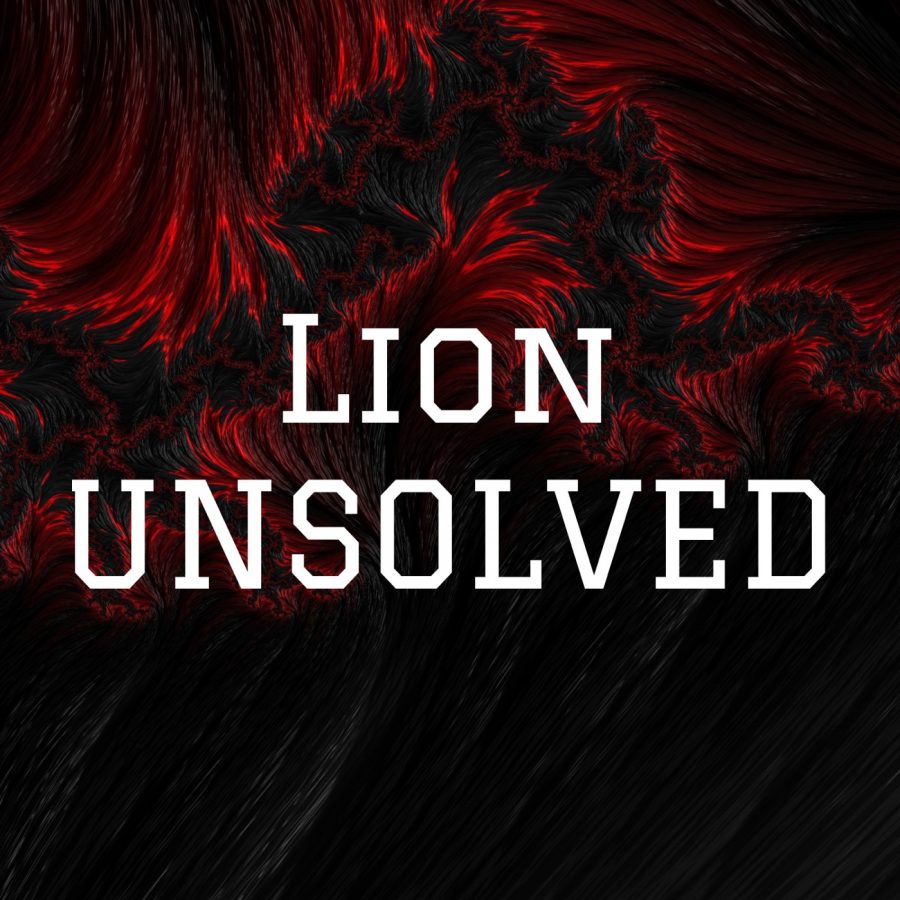CounterPoint: Let’s hear it
January 27, 2017
I was in kindergarten when I swore for the first time. I found myself part of a hushed, wide-eyed lunchtime circle discussing a horrifying new word another kid had learned in dubious circumstances. I was clueless that the word even existed, and the boy looked over his shoulder before leaning in to spell it for me. I turned the letters over in my head a few times, before whispering “f–k?” just to clarify. And just in time for a passing teacher to whip around and drag me away.
We swear to express emotion. There is nothing wrong with this in theory, but in practice there are the major pitfalls of taboo and formality. I believe that our leaders should not swear to each other, the press or the public; nor should most teachers, anyone in public view as role models, or those in a formal setting. I certainly will not stand for language meant solely to defame, like slurs.
Beyond these exceptions, however, I am all for well-placed profanity. I believe that it adds an emotional depth to language, a depth that is missing from the elaborate frustrated phrases preferred by the clean-mouthed.
Arguments against our current society’s tendency towards swearing are numerous and widespread, ranging from purely linguistic to deeply religious. A favorite is that in a culture that swears so much, the words lose their powerful meaning. Should this ever happen, human nature demands that new words MUST arise, because the human trait and necessity of verbally expressing emotion falls neatly in line with the purpose of swearing. Former editor of the Oxford English Dictionary Jesse Sheidlower’s book “The F Word” demonstrates in its nearly 400 entries that our new profanities are merely clarifications, adding context to the primordial profane roots rather than beating new linguistic paths.
Another popular argument is that swearing indicates a weak vocabulary, a last resort when no other word can be recalled. A study by Kristin and Timothy Jay of the Massachussets College of Liberal Arts found instead that people who curse more tend to possess a larger vocabulary, but regardless of these findings, there is no point in purposely limiting your vocabulary. We naturally make adjustments to our word choices and tone depending on our audience, and the removal of a collection of highly emotional words for all circumstances results in a senseless and deeply unnatural limit on our expressive abilities.
Used excessively, swearing can carry connotations of excessive aggression or anger. Some studies have attempted to link violence to swearing, but this relation is a false cause. Any person with difficulty containing his or her emotions is more likely to swear excessively, as they are the simplest, easiest and quickest words to express emotion. Aggression is another way that these emotions come out when someone’s mind is unable to properly regulate them, and the shared cause of these actions leads many to an improper and incorrect correlation of the two.
We are in a unique time for the English language. Swearing, which has been taboo for so many centuries, is now recognized as a valid and acceptable means of expressing emotion in the correct circumstances. As much as a culture that curses heavily can be criticized for relying on shock value or irreverence, this use is as inevitable as excessive bright colors on advertisements or annoyingly catchy jingles on television or radio. Swearing allows us to add an unparalleled intensity to our language, and a culture that embraces this power is nothing to be ashamed of. Cuss on, Lyons Township.






















![Movie poster for '[Rec]" (2007).](https://www.lionnewspaper.com/wp-content/uploads/2023/04/rec-640x900.jpg)
